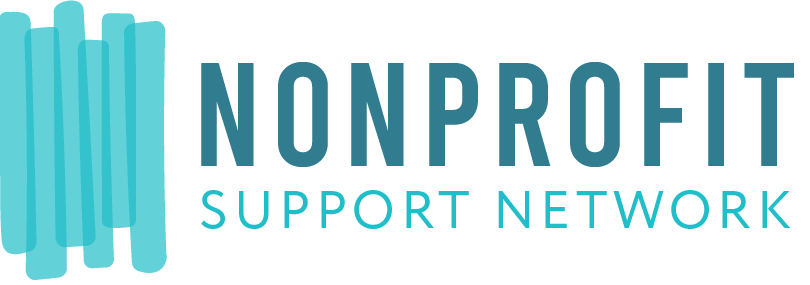3 Benefits of Nonprofit Peer Groups
Nonprofit organizations face similar challenges. Sometimes these challenges seem unique to each organization, but we are here to tell you that nonprofits have more in common that what you may feel.
But what do you do when you aren’t feeling super confident about solving those challenges? Have you ever wanted to reach out to another organization to see if they have dealt with the issue?
Meet peer groups.
Peer groups allow nonprofit professionals to connect with each other in a welcoming and private space. Holding regular group meetings gives nonprofit professionals the opportunity to connect and learn with their peers who share similar job responsibilities, face similar challenges, or have interest in a similar topic.
There are many benefits of peer groups and why you should be a member. We callout three great reasons below.
#1. Receive emotional support from peers
There are times that you may feel alone—like you’re on a deserted island at your organization. When you’re feeling a bit defeated, it’s natural to want to have someone to talk to, or even vent to. Joining a peer group gives you the opportunity to receive support from like minded people or people that have been in similar situations. Having a group of people to lean on also helps with burnout leading to more productive work days.
#2. Learn something new
Peer groups give members the opportunity to connect with others in different industries. Connecting with others in different industries also allows for people to learn outside of their normal work environments. Maybe someone has a different onboarding process that you can implement. Or a peer group member has an Excel shortcut that could save you tons of time alphabetizing volunteers.
#3. Collaborate efficiently
Collaboration is important for the success of any organization. Peer groups provide a safe space to collaborate and solve important topics. Through learning from peers, you can help one another reach important goals. Collaborations can expand your organization’s reach, lead to innovative problem solving, and create goodwill among the nonprofit community. Plus, most funders see collaborations as a key way to address large-scale change and as a way to maximize investment in an issue or an area.
At Nonprofit Support Network, we like to refer to peer groups as Network Huddles. We believe that these meetings provide ongoing opportunities for nonprofit professionals, in any role, to connect and learn with their peers who share similar job responsibilities, face similar challenges, or are interested in a similar topic. Joining a peer group will give you the boost you need to make a difference at your nonprofit.



